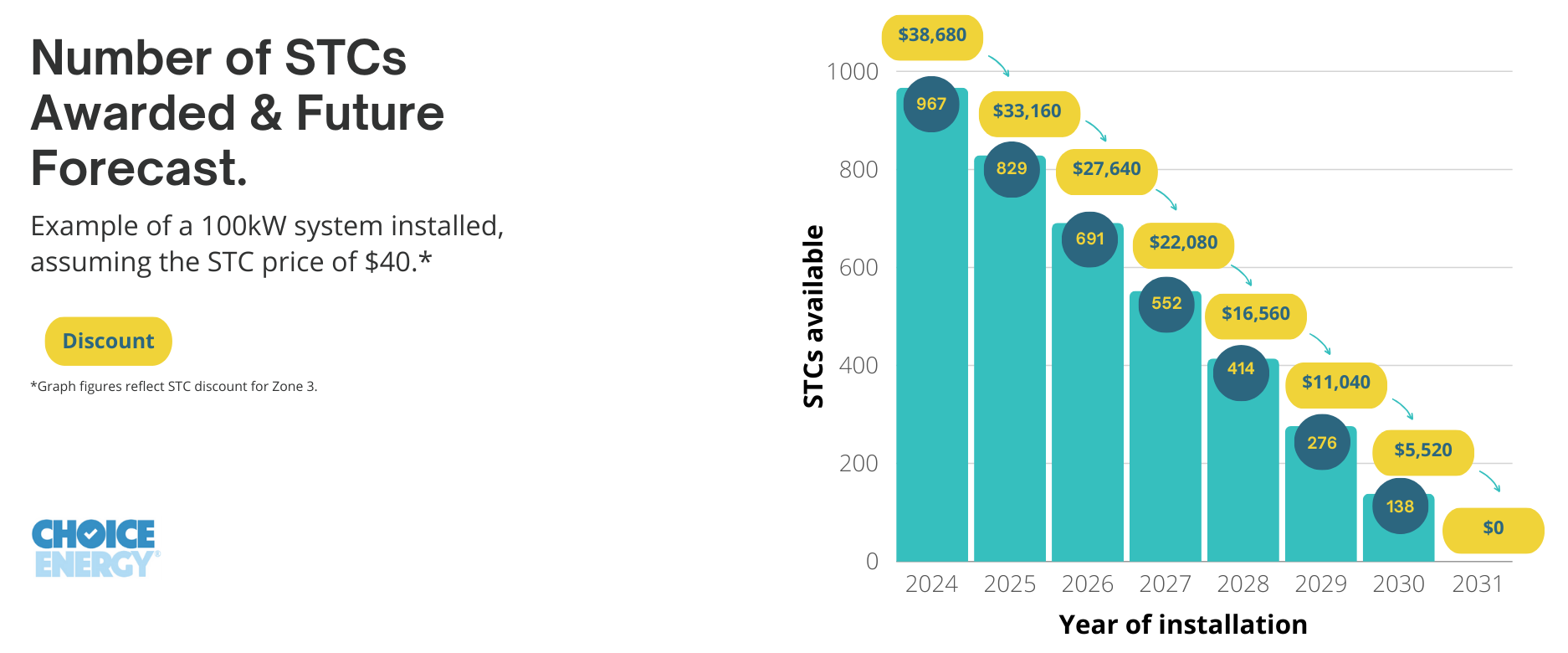In March, Ergon Energy announced that businesses should expect increases of 13-14% on their energy bills in 2024-25 compared to the previous year, in the most significant increase for any state or territory.
It will have detrimental effects to businesses already facing financial and operational challenges in 2024. With market volatility set to continue and aging infrastructure that is only getting more expensive, what are the considerations and what options are available for businesses in lowering their energy costs?
Factors influencing Electricity prices for businesses:
Electricity prices in Queensland generally are shaped by several key factors, such as market dynamics, where pricing constantly fluctuates, seasonality with supply and demand, network charges passed on to businesses, and the generation mix of electricity sources.
Queensland businesses within the Ergon network face unique challenges with electricity costs compared to the rest of the east coast of Australia. Businesses in Queensland within the Ergon Network face distinct challenges with electricity costs compared to those in neighboring state territories. In Queensland, the generation mix consists of coal, natural gas, wind, and solar, which have different price points and availability in the electricity market.
Utilising solar to combat rising energy prices:
By embracing solar energy, businesses in the Ergon network can secure a cost-effective alternative to mitigate rising energy expenses. This strategy reduces reliance on grid power, enhances electricity independence, and safeguards businesses from isolated, rising energy costs and crumbling infrastructure.
With one-third of the Ergon network infrastructure due for a power upgrade, businesses are vulnerable to grid outages and disruptions. In extreme cases, some companies have had to rely on generators to continue operating. This ageing network creates uncertainty and raises questions about the electricity grid's reliability. However, installing solar panels on commercial properties not only allows businesses to regain control but also ensures smoother operations and significant cost savings.
The Solar rebate program is ending:

The Federal Government implemented a rebate program to assist businesses with the transition to solar, but each year the value of rebates drop by approximately 15% which means the longer businesses wait, the lesser benefit they’ll receive.
With the rebate program to end by 2030, this is a significant factor, especially with the price increases businesses will see this year.
How Choice Energy can help:
Working with Choice Energy offers valuable support to businesses within the Ergon network seeking to reduce energy costs through solar. We help empower Australian businesses to generate their own electricity, reducing reliance on grid power and mitigating exposure to rising electricity prices.